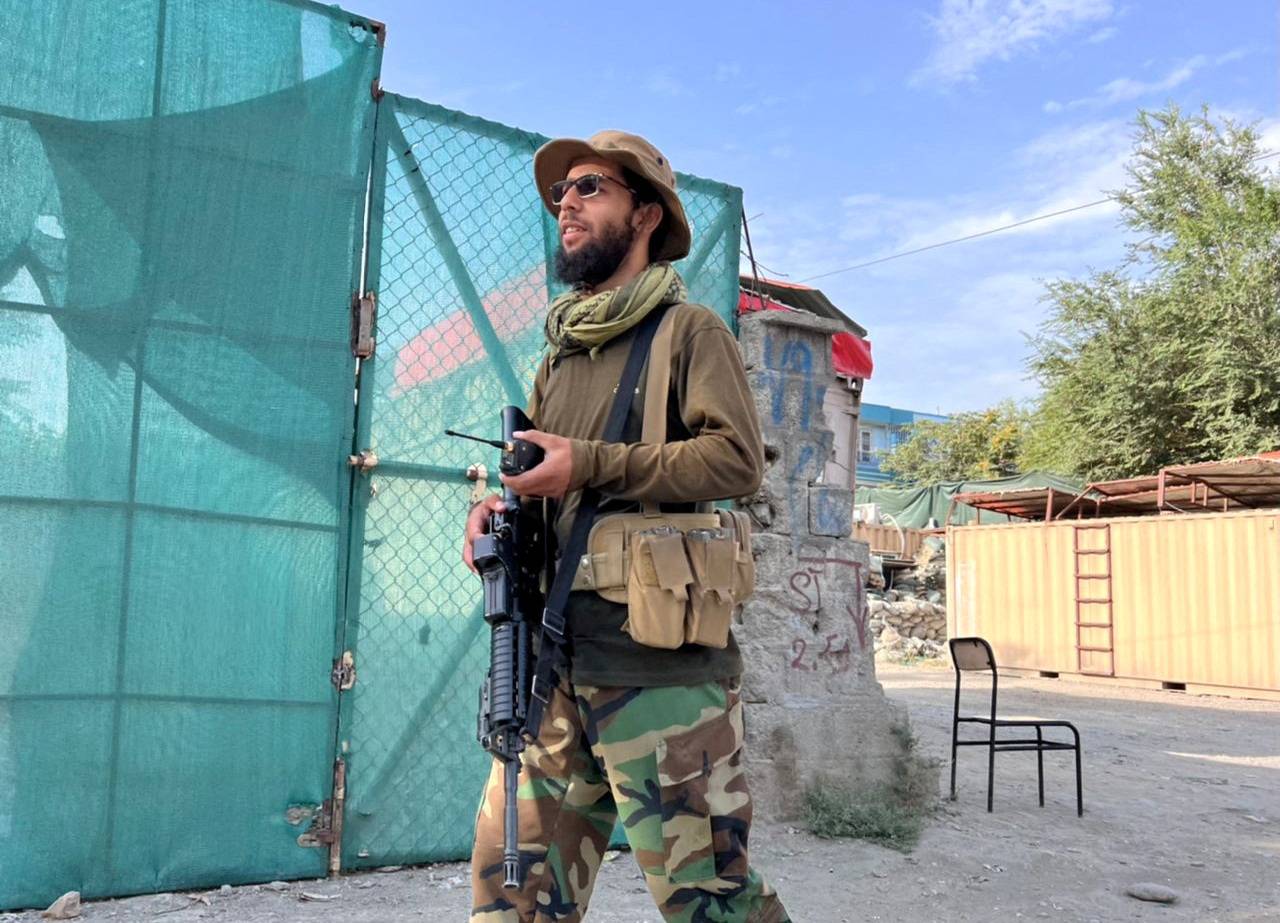The death of al-Qaida leader Ayman al-Zawahri in a U.S. drone strike in Afghanistan over the weekend marks the biggest blow to the terrorist group since the killing of Osama bin Laden in 2011.
At the same time, it highlights the extent to which members of the jihadi organization seem to once again be operating freely in the Taliban-ruled country following the withdrawal of U.S. and coalition troops last August.
In one of Washington’s biggest counterterrorism successes in years, al-Zawahri — bin Laden’s deputy and a planner of the 9/11 attacks on the United States — was killed Saturday while on the balcony of a “safe house” in Kabul as part of a “precise” airstrike using two Hellfire missiles that did not result in further casualties, according to U.S. officials.

















With your current subscription plan you can comment on stories. However, before writing your first comment, please create a display name in the Profile section of your subscriber account page.